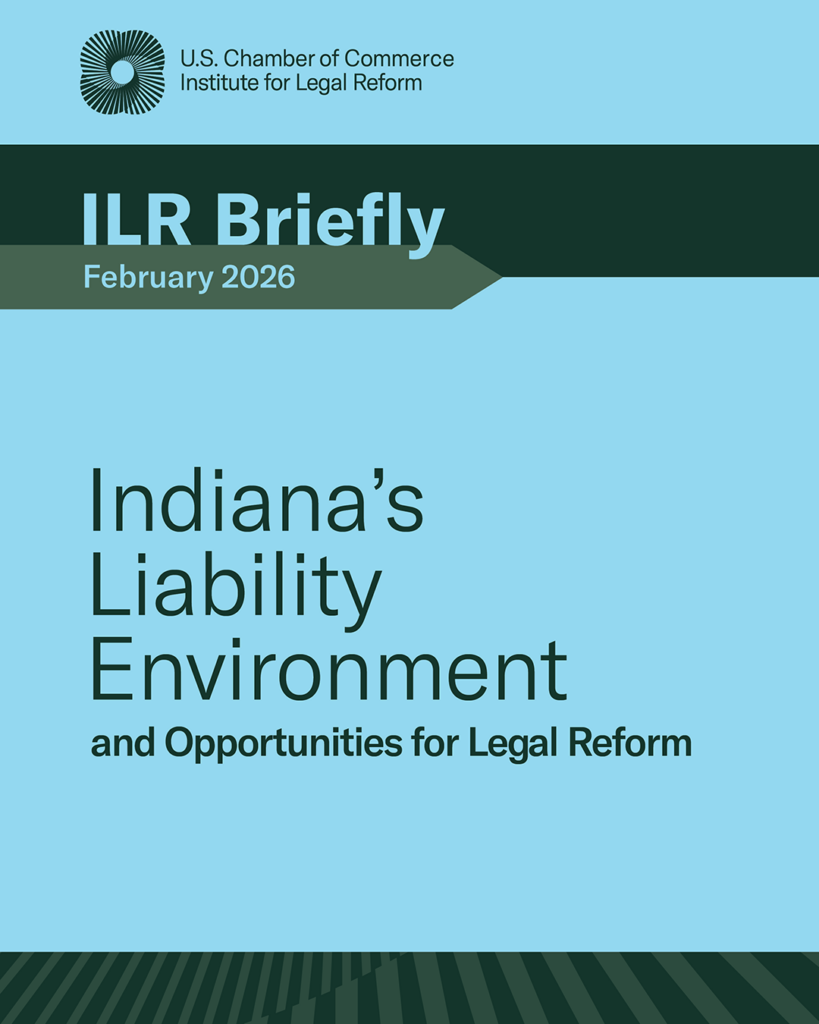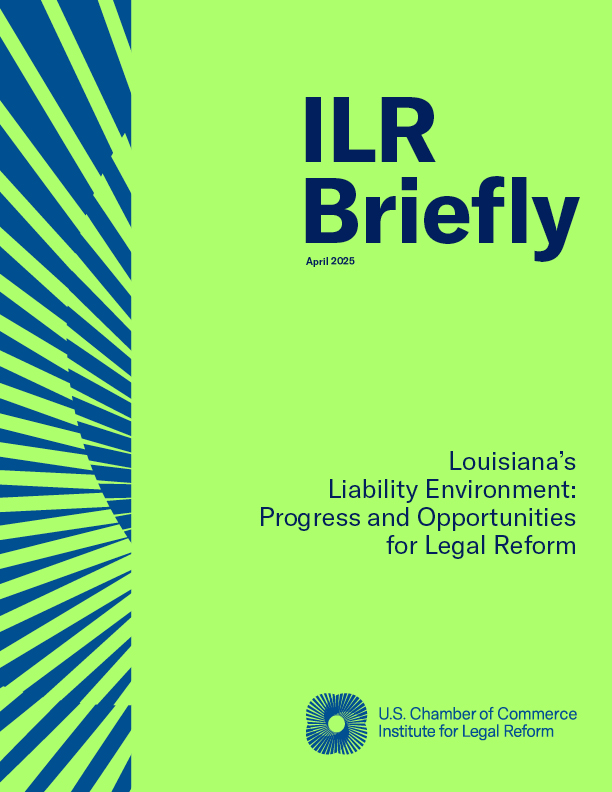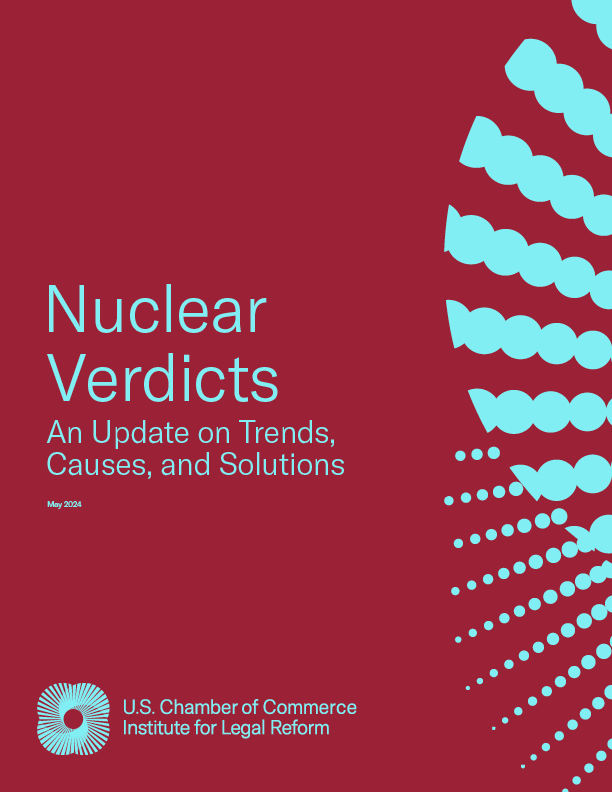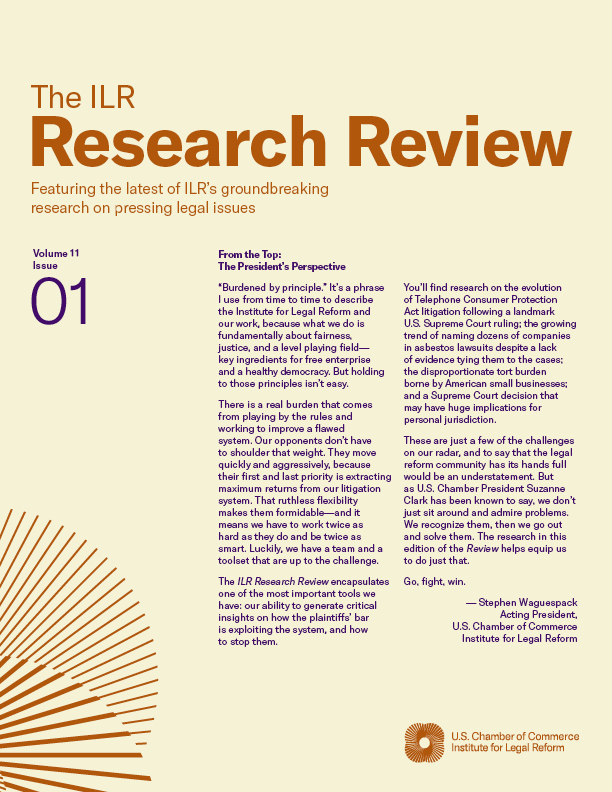The American civil justice system is the most costly in the world. Litigation costs affect the ability of businesses to compete and prosper. By adding rationality and predictability to the American civil justice system and rooting out unnecessary expenses and abuse, civil justice reform can increase confidence in the economy, help businesses expand, and create jobs. Such reforms can also increase respect for the judicial system, which is too often characterized by liability that is disproportionate to responsibility, inconsistent outcomes, and jackpot verdicts.
101 Ways to Improve State Legal Systems offers some of the many options available to foster a sound legal system that promotes states’ economies. It considers key issues confronting policymakers. For example, when government officials hire contingency fee lawyers, what safeguards will ensure that law enforcement is driven by the public interest, not the financial interest of attorneys with a stake in the litigation? What role should a business’s compliance with government safety standards play in product liability litigation? How can the law address damages that exceed actual losses, pain and suffering awards that have become the largest part of tort damages, and punitive damages “run wild”? This report answers these questions and more.
101 Ways also considers fair and effective measures that would improve the litigation process, promote rational liability rules, and rein in excessive awards. In addition, the report addresses the latest trend in legal abuse: over-enforcement. This problem occurs when elected officials, regulators, and the trial bar team up to bring a series of enforcement actions against companies at the federal, state, and local levels—and invite follow-on lawsuits by plaintiffs’ lawyers.
The report presents legal reform options in a conceptual manner. It then directs readers to and summarizes approximately 101 legal reform bills enacted over the past several years. These recent laws show how legislators can move the proposals described in this guide from theory into practice.



